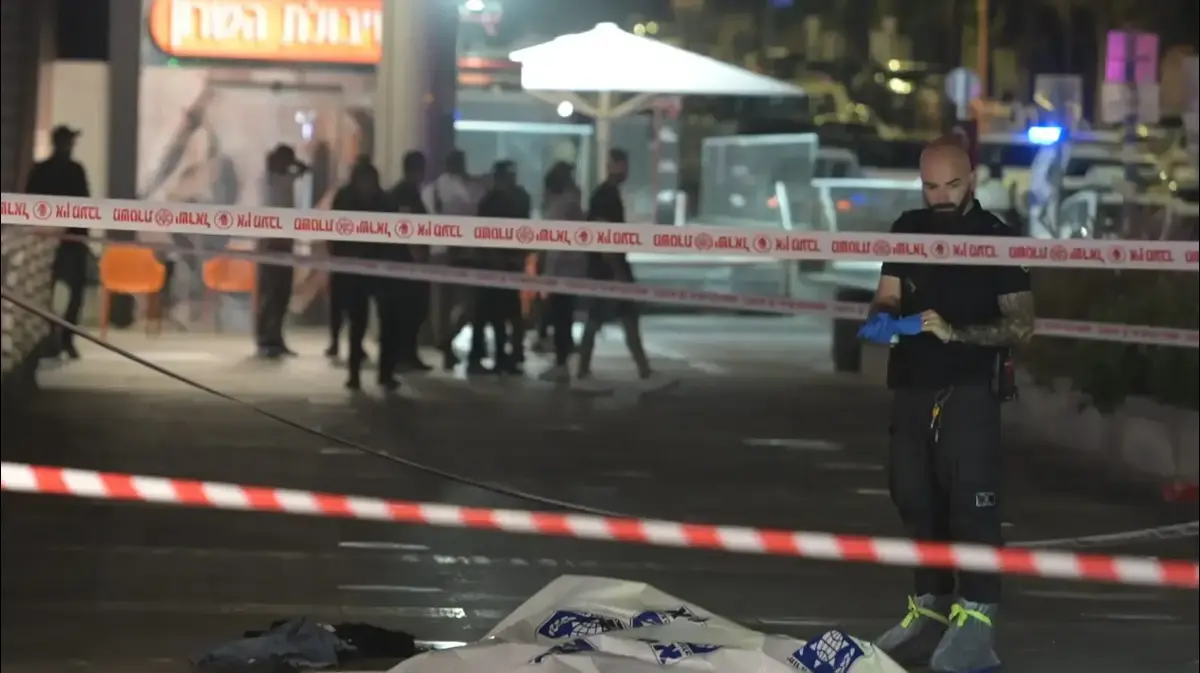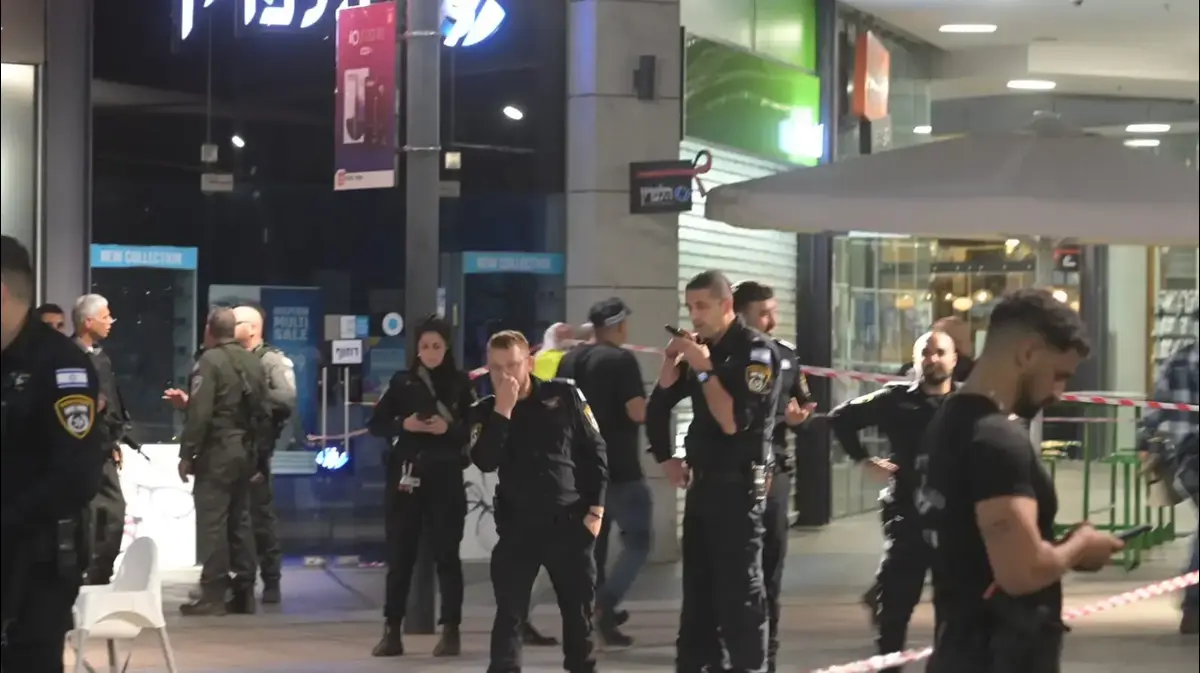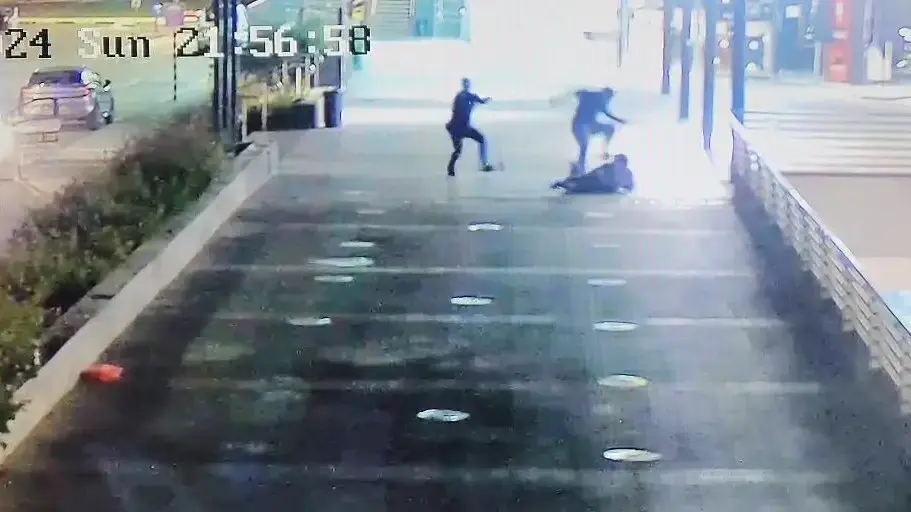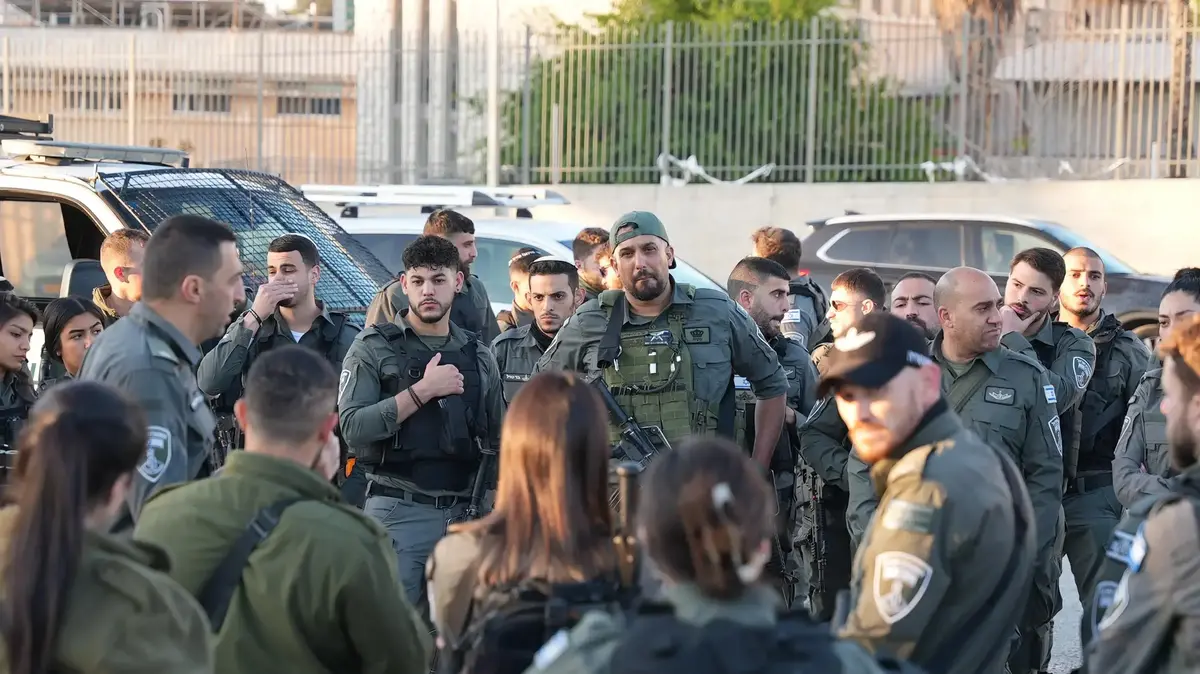On November 6, 2007, two people met for the first time without knowing that they were going to cause an earthquake in Spanish politics, whose aftershocks continue to this day. It was in an impersonal meeting room in the Canillas police complex in Madrid. One was José Luis Peñas, a former PP councilor in Majadahonda who came to denounce a corruption plot headed by Francisco Correa, a businessman very close to the PP leaders. The other was a National Police inspector who had just turned 40, Manuel Morocho. Peñas still remembers that meeting today: "He listened to me, read the complaint and asked me a few questions," he says. The former councilor assures that, after that day, he only saw him again once in the corridors of the National Court and, later, during the trial for the first stage of the
Gürtel case
. "In all of them he was kind, although he never took off his police armor," he adds.
More than 13 and a half years later, Peñas, who was sentenced to four years and nine months in the trial for the corruption network he helped uncover, expects the government to rule on his petition for clemency. And Morocho, who a little more than a year ago was promoted to chief inspector, continues to investigate the last fringes of the Gürtel plot while he has lost the anonymity that gave him the professional number 81.067 with which he signed his reports. His last name is now making headlines after he denounced this Tuesday before the judge of the National Court Manuel García-Castellón, who investigates the illegal espionage of the former treasurer Luis Bárcenas, the obstacles that, from the Ministry of the Interior in the stage of Mariano Rajoy, put him to hinder inquiries about box b of PB. This Friday he has an appointment before the judge again.
For some, Morocho is a hero who survived the police sewers. For others, a policeman with shadows. An agent who coincided with him in the Economic and Fiscal Crime Unit (UDEF), and who asks to remain anonymous, assures that, indeed, Morocho “received pressure, but like many of us who were there, both from the governments of the PP as of the PSOE. Sometimes to blur the content of a report; in others, for the opposite. Working in that unit
has
burned
many who end up leaving ”, he adds before admitting that he was one of the latter. Why hasn't Morocho done it? "I do not know, but I do not understand why he did not denounce before what he is now telling the judge," he adds.
Morocho joined the National Police in June 1999 and, in March 2006, was promoted to inspector. His condition as a graduate in Economics then opened the doors of the UDEF, a unit that had only one year of existence at the time and which opened that same month in Marbella with the
Malaya case
, the first major operation against corruption in Spain. Shortly after, the Gürtel started. A colleague of his from that stage, who also asks that he not be identified, assures that the inspector resisted his superiors modifying his reports: “He was always very critical of the changes that were proposed to him. He even threatened not to sign them if they were corrected ”. One of his superiors, recalls this policeman, reminded him more than once that "the police are a hierarchical body" and that the then head of the UDEF, Commissioner José Luis Olivera, now designated by Morocho as one of those who pressed, he even said: "With that attitude, you have little future in this unit." Olivera, now retired from the police force, was relieved at the head of the UDEF in 2012. Now he is a risk advisor for the Spanish Football Federation.
One of the lawyers who appeared in the
Gürtel case
as an accusation praises Morocho's reports, although he agrees with some former colleagues of the agent who in personal treatment is distant: “He has a lot of ego, to a great extent justified, because his training is far above his that of his unit and, above all, that of his bosses. It is methodical and does not start from preconceived hypotheses ”. He also left a good impression among the majority of the deputies of the commission that investigates Operation Kitchen in Congress and before which Morocho appeared on March 25 and in which he also denounced the pressure suffered. Jon Iñarritu, the spokesperson for EH Bildu in the meeting, assures that that day "he conveyed sincerity and the image of a policeman doing his job."
This opinion is shared by several agents consulted, who call their reports "scrupulous". However, there are also police officers who criticize him for “having overcome some dead-end line of investigation with too much imagination”. Another agent recalls that on one occasion he asked him why he never asked the judge to search Bárcenas' house or the chalet he had in the Baqueira ski resort in search of evidence. "Surprisingly he told me that I don't consider it important."
Awarded on two occasions - in 2009, with the socialist Alfredo Pérez Rubalcaba at the head of the Interior, and in 2013, in the stage of Jorge Fernández Díaz - Morocho has received
eight complaints in the courts
during the
Gürtel case
and Internal Affairs investigated him - later it was shelved - as suspected of leaking his reports to the press. These are some of the aftermath of that meeting with former councilman Peñas in 2007: "Neither of us knew then what was coming to us," he says.















